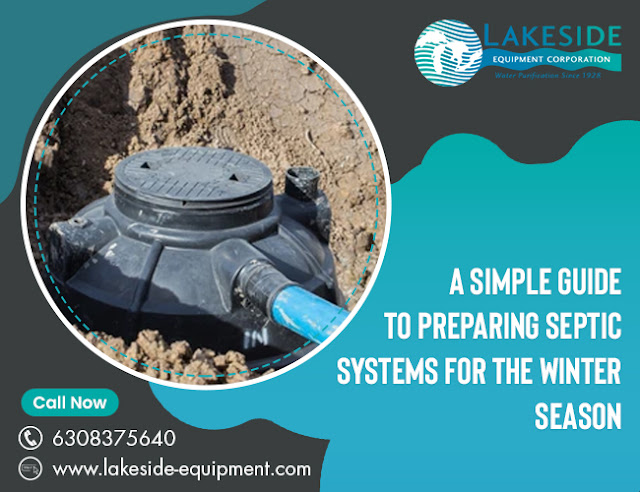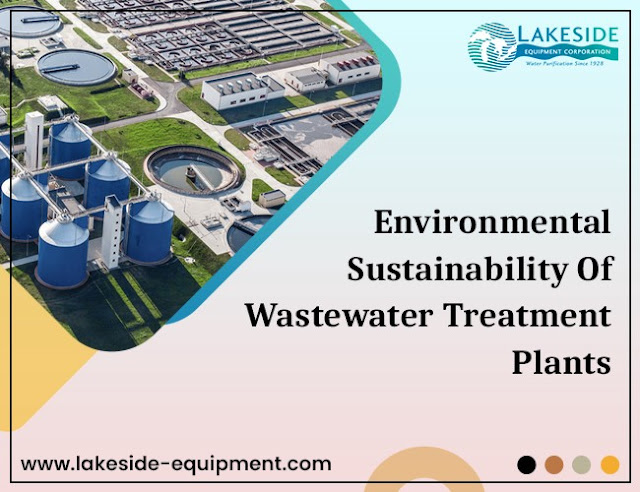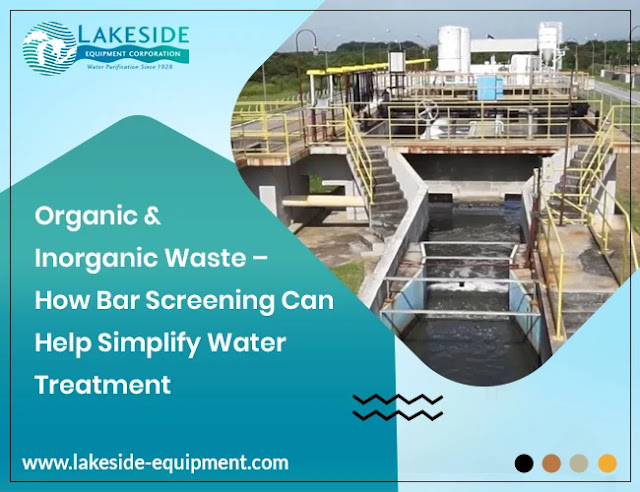How Wastewater Biological Treatment Drives Green Tech Forward?

In the world of global warming, environmental decline, and resource deficiency, stability exceeds only one trend - this is a requirement. From governments to industries, green technology is bringing a revolution in our way of working, living, and using our natural resources. No area is running more aggressively than wastewater biological treatment , an art form that not only performs an important function in purifying water but also serves as a powerful example of nature-inspired innovation. For the treatment of wastewater, this Green Technology approach is becoming part of the Green Tech Revolution, providing energy-saving, cost-saving, and environmentally friendly solutions for one of the world's most pressing issues. What Is Wastewater Biological Treatment? Biological wastewater treatment includes the process of using natural microorganisms to remove organic contaminated material from dirty water. These microbes - mainly bacteria - consume organic materials as...



